NATO and US, catastrophic scenario in Ukraine
The US role in Ukraine has slowly escalated since the beginning of the war almost a year ago, raising the question of how far Washington is willing to go.
When the US involves itself in a conflict it often finds it difficult to extricate itself. Most famously, in Vietnam the US military advisors helping the South Vietnamese fight Viet Cong forces eventually became US soldiers fighting an American war.
The war in Afghanistan and initial invasion under the pretext of fighting al Qaeda terrorists eventually morphed into two decades of war and destruction resulting in the death of hundreds of thousands of Afghans.
The same scenario could be unfolding in Ukraine.
Less than a month into the Ukraine war the US President, Joe Biden, declared most adamantly that the US and NATO Allies would not fight Russia in Ukraine.
However, Washington and NATO are currently creeping closer to the catastrophic scenario Biden had described as “world war three”. Biden had also claimed the US troops will not be sent to Ukraine to take part in the conflict.
However, several current and former American intelligence officials have revealed that there is a much larger presence of both CIA and US Special Operations personnel in Ukraine than there was when the war began and that they are currently conducting clandestine American operations in the country that are now for more extensive than ever.
An eight year Army Special Operations veteran, who is currently an investigative journalist, reported in December that those covert operations include the CIA's work with the spy agency of an unnamed NATO ally to carry out sabotage operations within Russia and said to be the cause of the unexplained explosions that have rocked Russian infrastructure throughout the war.
Meanwhile, the United States and its NATO allies have assuredly crossed their own self imposed red lines over arms transfers.
At the start of the war analysts cautioned that the overt supply of even small arms and light weaponry risks encouraging a wider war and possible retaliation from Moscow.
While US officials had ruled out more advanced weaponry as being too escalatory, it took less than two months for the Biden administration to start sending these more risky tranches of high powered arms.
By the end of May, it was also sending advanced rocket systems to Ukraine, in addition, NATO arms transfers have now escalated well beyond what governments had warned just months ago could draw the Alliance into direct war with Russia, despite the US and European governments already sending armored vehicles and planning to send battle tanks.
Russia has warned the United States against its planned delivery of Abrams tanks to Ukraine. Anatoly Antonov, Russia's ambassador to the United States has described the move as a blatant provocation against Moscow. He accused Washington of purposefully trying to inflict a strategic defeat on Russia.
The US is poised to announce the start of the delivery of dozens of its main battle tanks, The Abrams M1, to Ukraine. American officials have been quoted as saying that the timeline of any potential delivery remains unclear and could take months or even years.
Washington had said previously that providing Abrams tanks to Ukraine is not feasible, citing difficulties in training and maintenance.
Meanwhile, the German Chancellor, Olaf Scholz, has decided to send Leopard 2 tanks to Ukraine and to allow other countries, such as Poland, to send the same tanks from their own stockpiles to Kiev.
Until very recently Berlin had been hesitant to send the Leopards or to allow other nations that have them in their possession to transfer them to Kiev.
With reports early last week that Germany would agree to do so only if the US provided its own tanks, the decision by the US to send Its Abrams tanks seems to have provided the political cover that Berlin had been seeking.
Ukrainian officials have said that the tanks would be a game changer on the battlefield. President Volodymyr Zelensky has called for a large number of tanks to repel Russian attacks.
Today ... there's a lot of talk about tanks, about modern tanks that we need, and about the way this shortfall can be filled. A lot of the world gave us promises but it is important not to lose sight of reality. It is not about five or 10 or 15 tanks, the need is larger.
President Volodymyr Zelensky
Zelensky said that Ukraine's allies have the required number of tanks to strengthen the country's defense capabilities against Russia.
Since the beginning of the war, Ukraine's allies have sent Kiev tens of billions of dollars worth of weapons. Western countries have also imposed a slew of economic sanctions on Moscow.
The escalating support for Ukraine's military by the US, and NATO, have created an incentive for Moscow to take drastically aggressive steps to show the seriousness of its own red lines.
US, Russia on brink of direct war
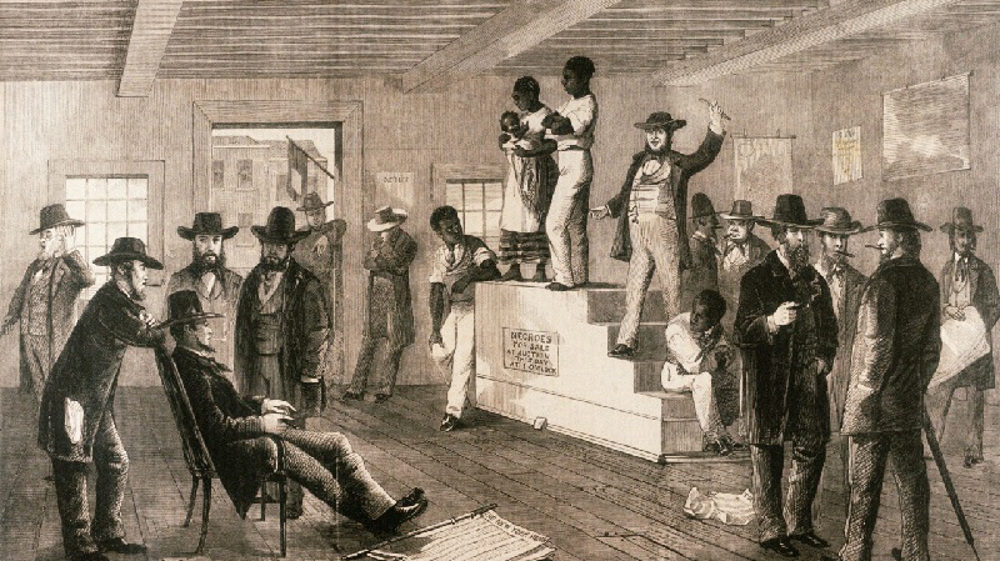
US slavery emancipation day celebrated in Washington

Pro-Palestine protest in Paris

EU youth mental health crisis
VIDEO | Iran leads global push to define terrorism after 25 years of debate
US prepares to arm Israel with 1000s more bombs ahead of ‘vigorous expansion’ of Gaza war
Hamas: Surrender not an option; Netanyahu’s murders aimed at securing political future
VIDEO | Your children will return in coffins torn apart by Israeli missiles: Hamas to captives’ families
Hezbollah censures Israeli settlers’ storming of al-Aqsa Mosque
Harvard-Trump dispute deepens as US president threatens to remove tax exemption
Maldives bans entry of Israelis in ‘resolute solidarity’ with Palestinians
Iran’s thermal power output hit record in year to March


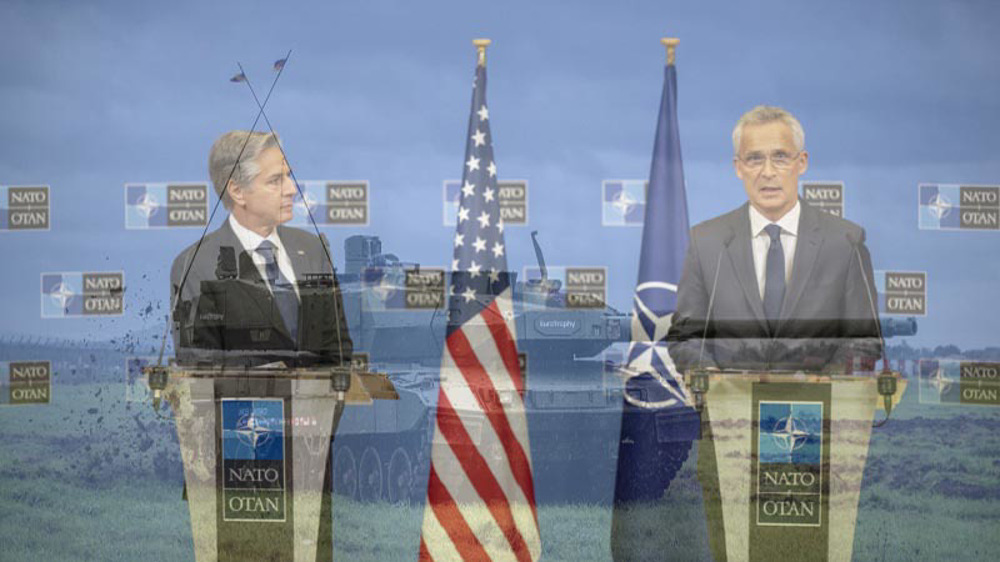
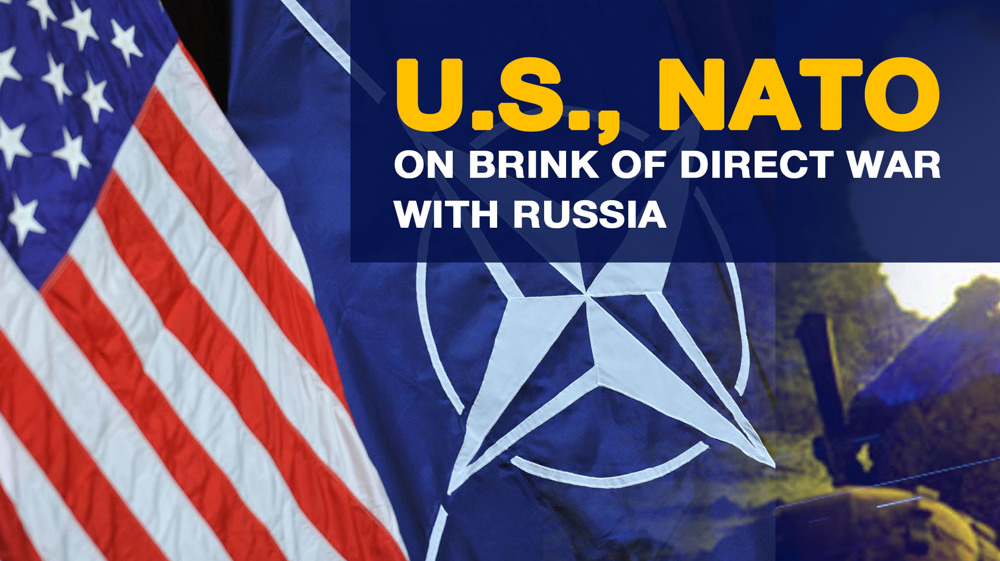
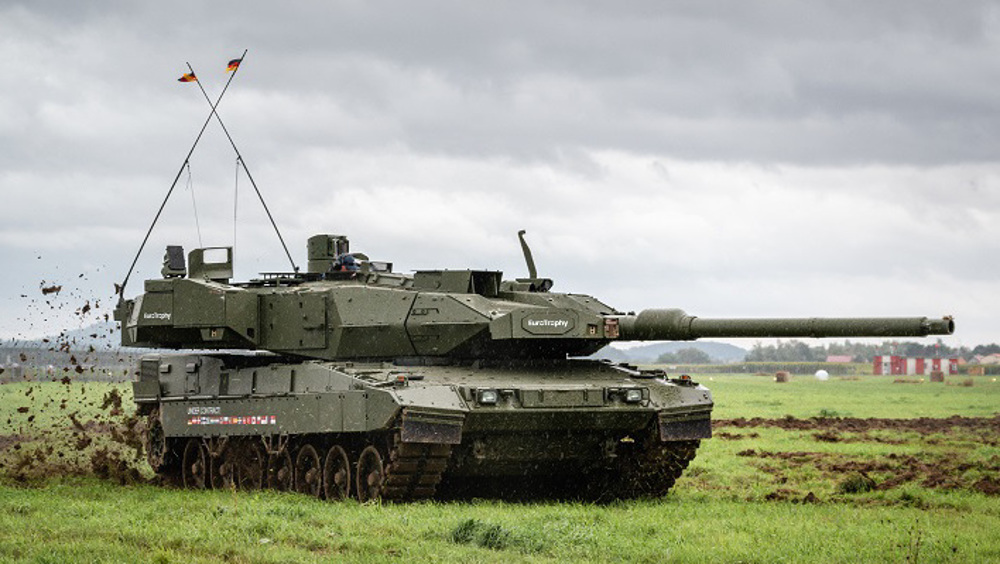
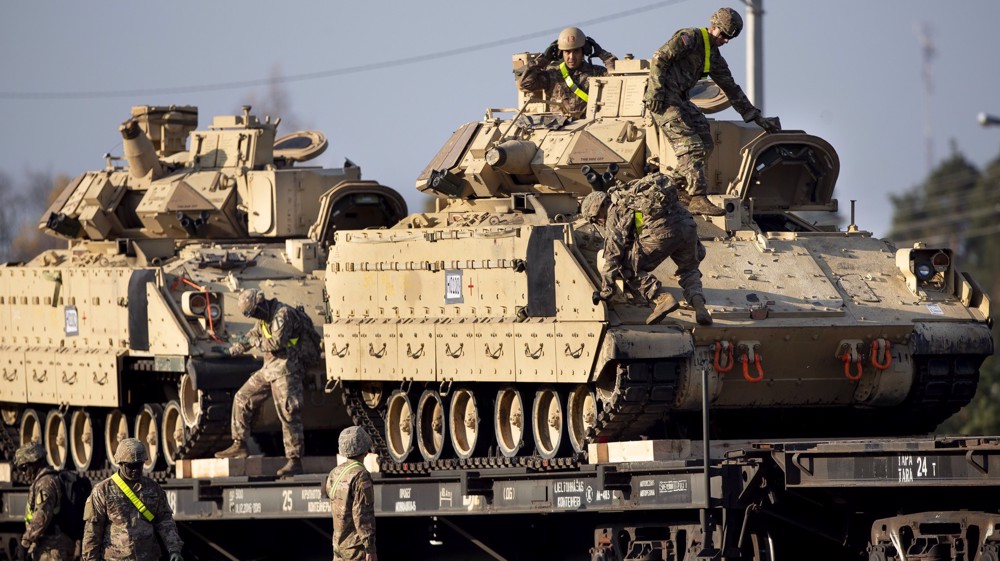
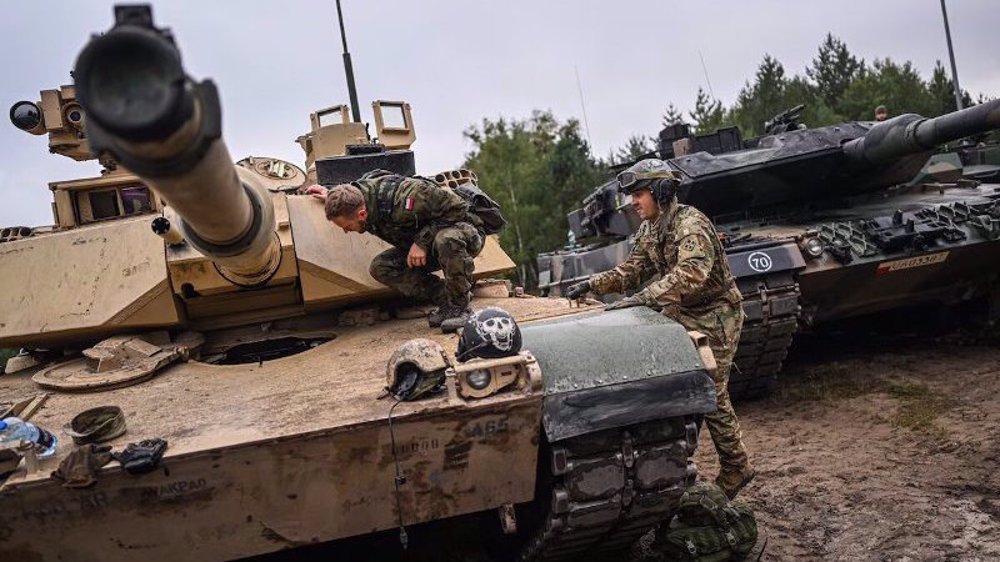
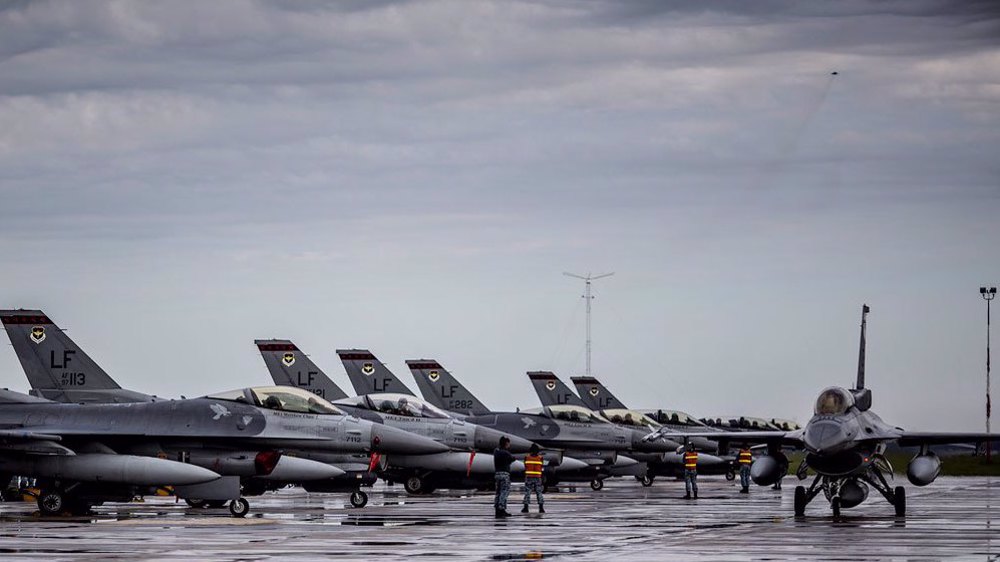
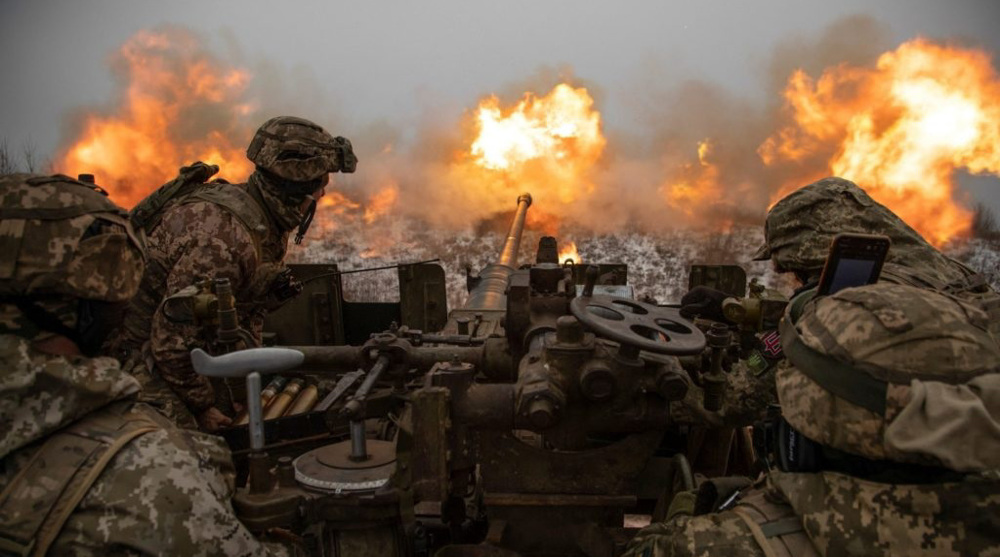



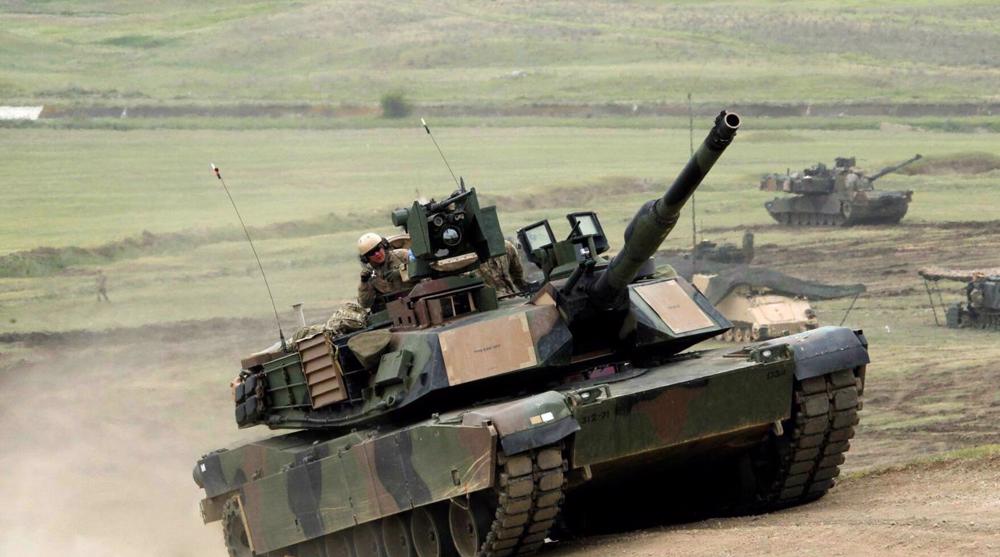
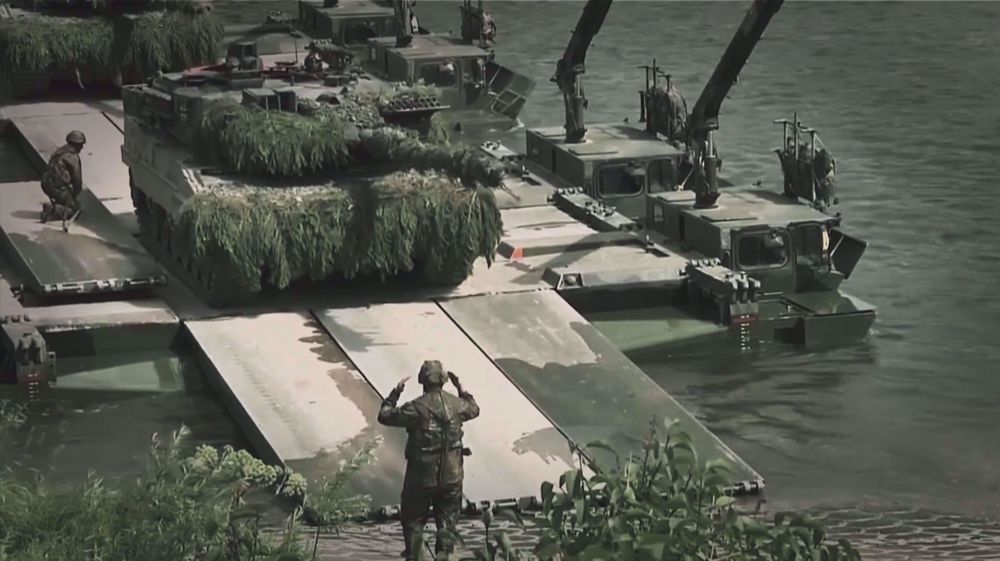
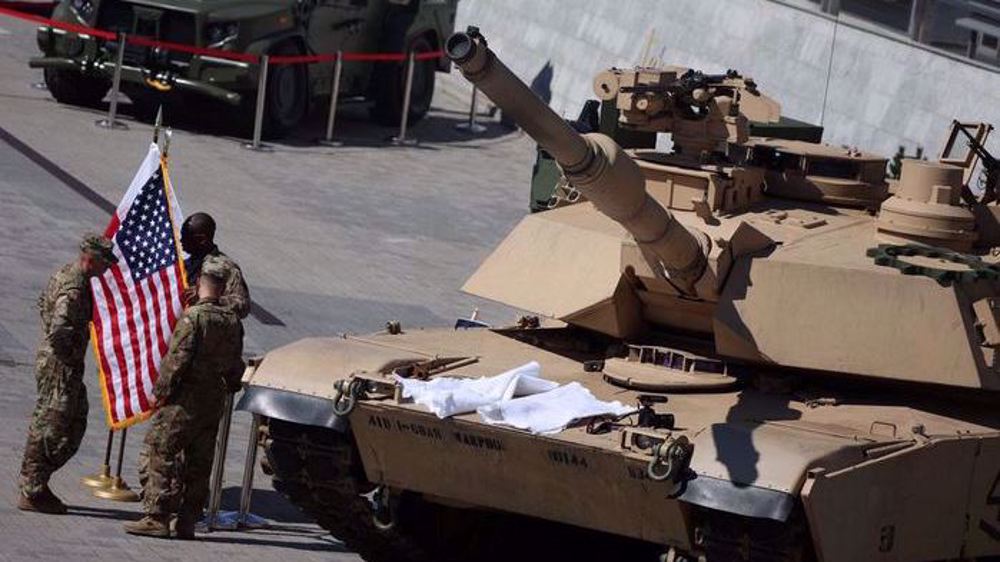
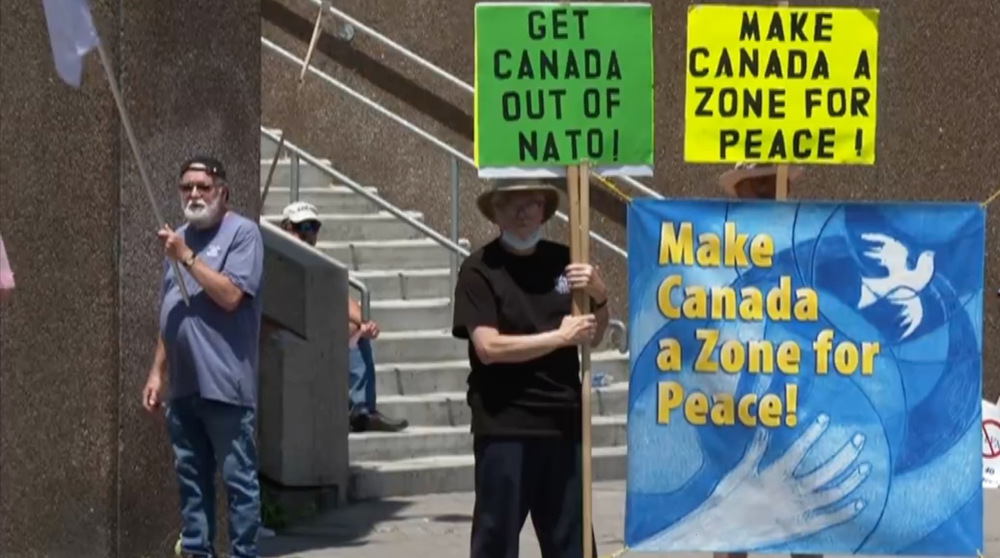
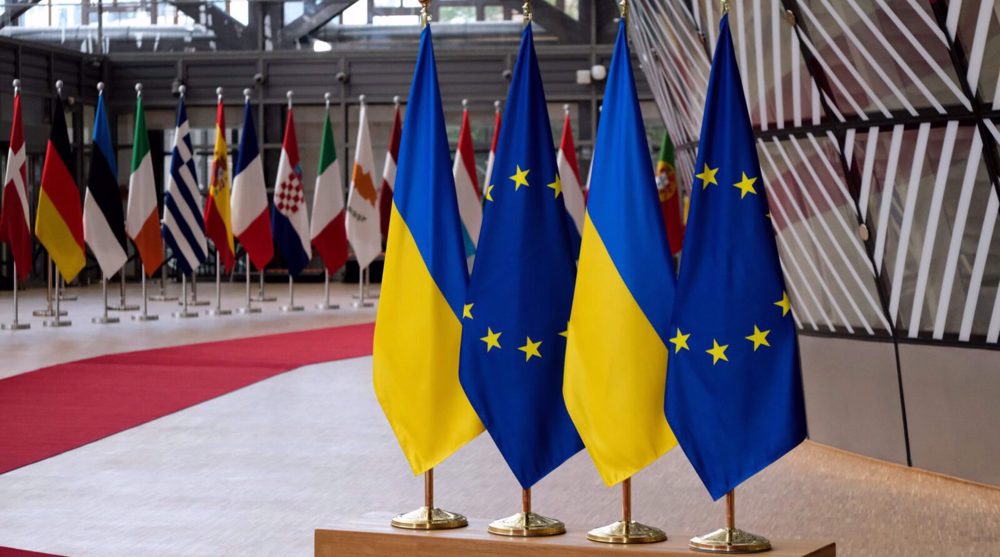
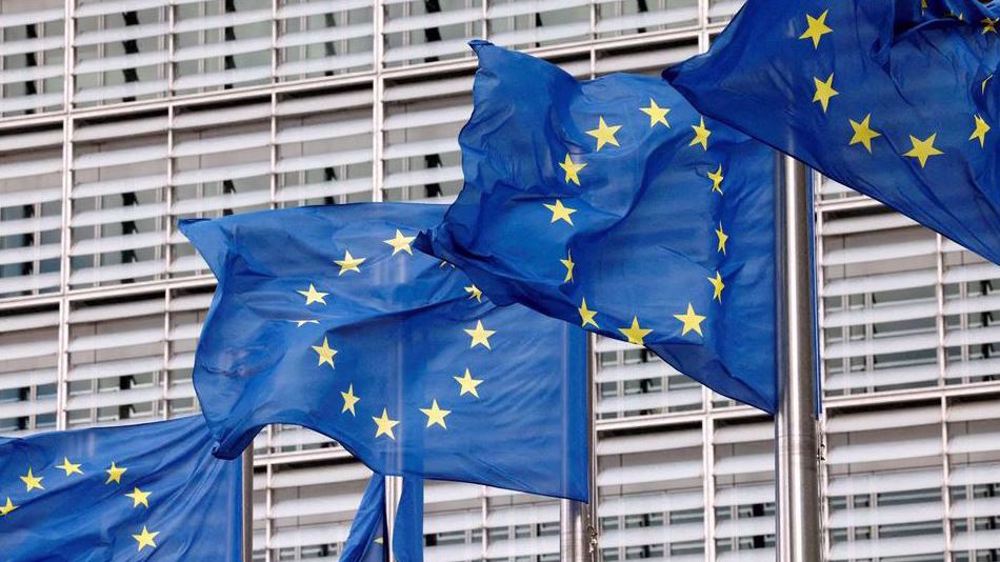

 This makes it easy to access the Press TV website
This makes it easy to access the Press TV website